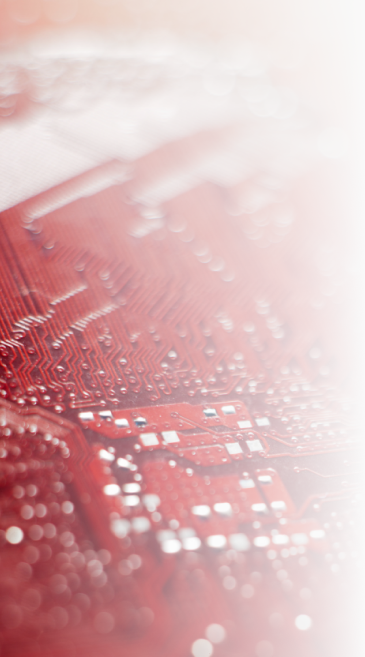
Power Modes
|
Power mode |
Nom. Value |
Unit |
|
Modem-sleep (The CPU is powered up, 240 MHz ) |
30-68 |
mA |
|
Modem-sleep (The CPU is powered up, 160 MHz ) |
27-44 |
mA |
|
Modem-sleep (The CPU is powered up, 80 MHz ) |
20-31 |
mA |
|
Light-sleep |
0.8 |
µA |
|
Deep-sleep (The ULP coprocessor is powered up) |
150 |
µA |
|
Deep-sleep ( The ULP periodically active, 1% duty) |
100 |
µA |
|
Deep-sleep (RTC timer + RTC memory) |
10 |
µA |
|
Hibernation(RTC timer only) |
5 |
µA |
|
Power off |
1 |
µA |
When Wi-Fi is enabled, the chip switches between Active and Modem-sleep modes. Therefore, power consumption changes accordingly.
In Modem-sleep mode, the CPU frequency changes automatically. The frequency depends on the CPU load and the peripherals used.
During Deep-sleep, when the ULP coprocessor is powered on, peripherals such as GPIO and RTC I2C are able to operate.
When the system works in the ULP sensor-monitored pattern, the ULP coprocessor works with the ULP sensor periodically and the ADC works with a duty cycle of 1%.
RF Communication Modes (Wi-Fi / BT / BLE)
|
Communication Mode |
Nom. Value |
Unit |
|
Transmit 802.11b, DSSS 1 Mbps, POUT = +19.5 dBm |
240 |
mA |
|
Transmit 802.11g, OFDM 54 Mbps, POUT = +16 dBm |
190 |
mA |
|
Transmit 802.11n, OFDM MCS7, POUT = +14 dBm |
180 |
mA |
|
Receive 802.11b/g/n |
— 95 ~ 100 |
mA |
|
Transmit BT/BLE, POUT = 0 dBm |
130 |
mA |
|
Receive BT/BLE |
95 ~ 100 |
mA |